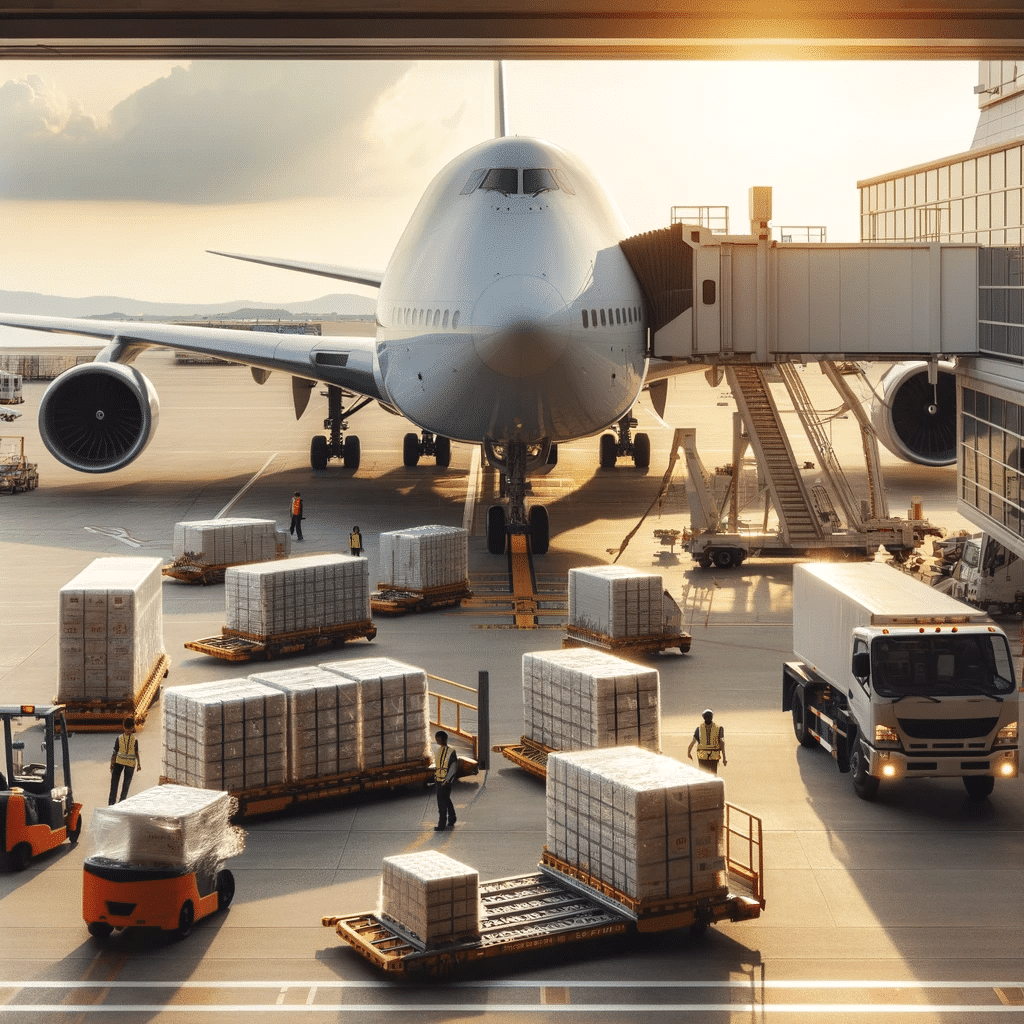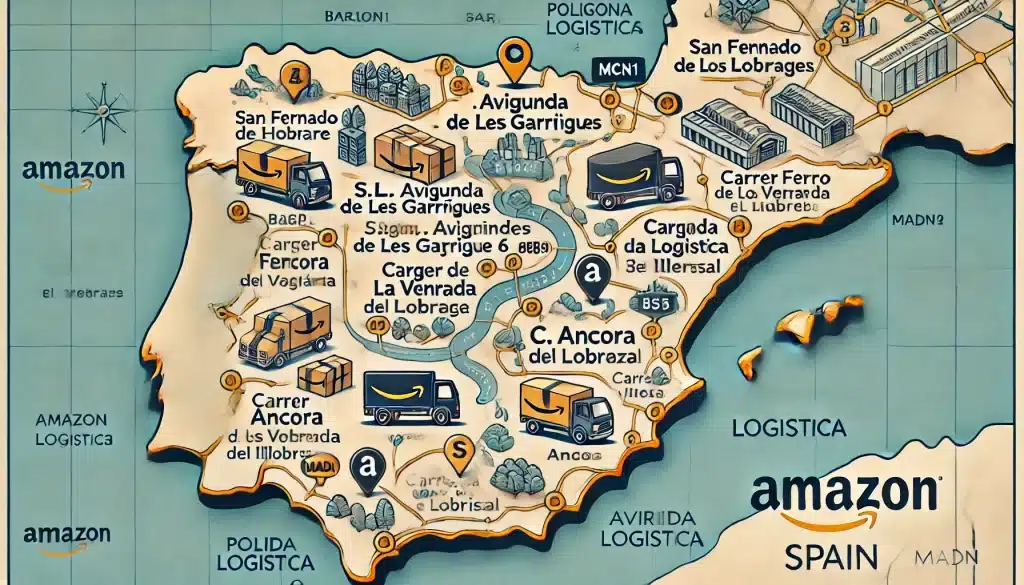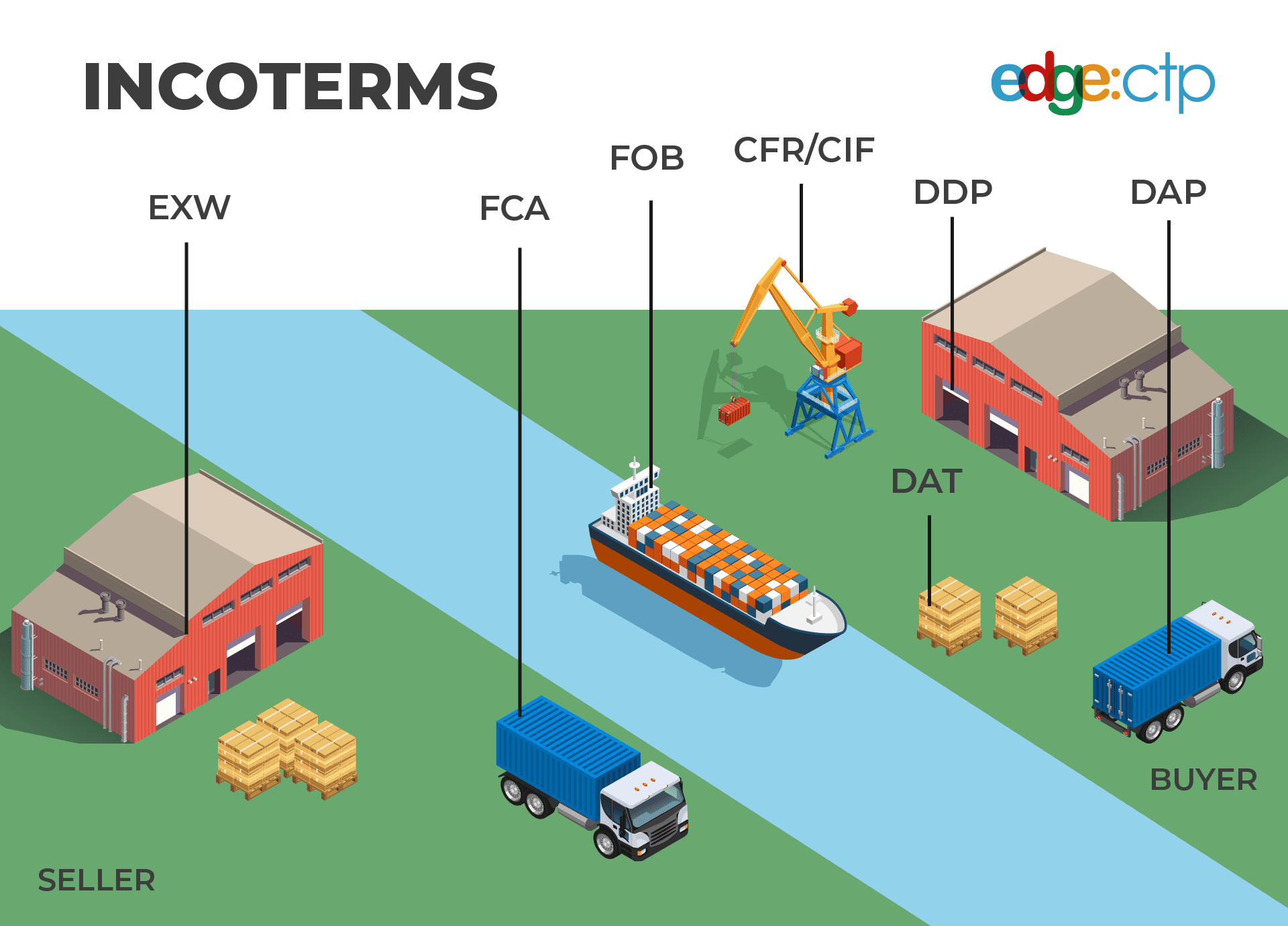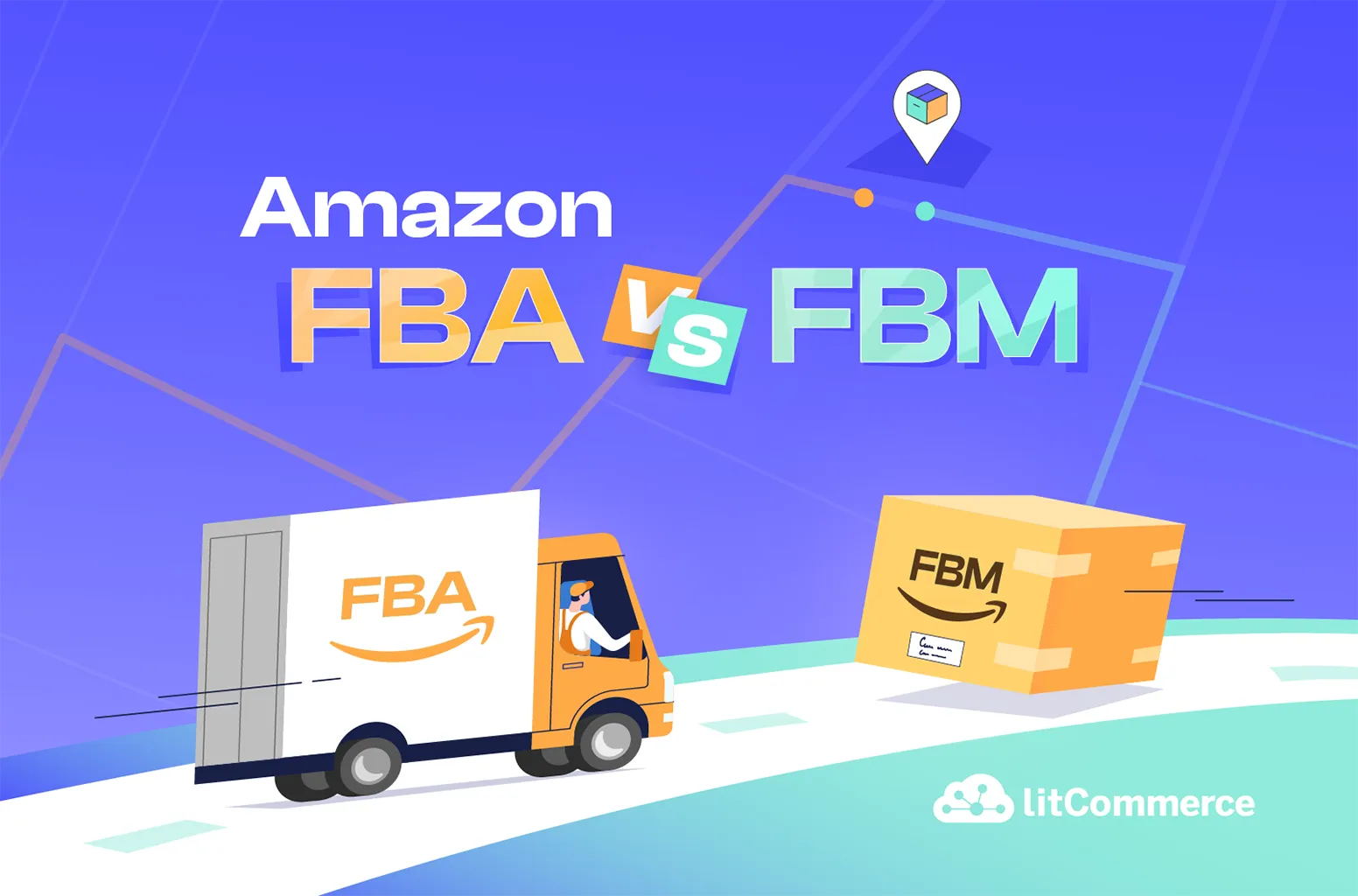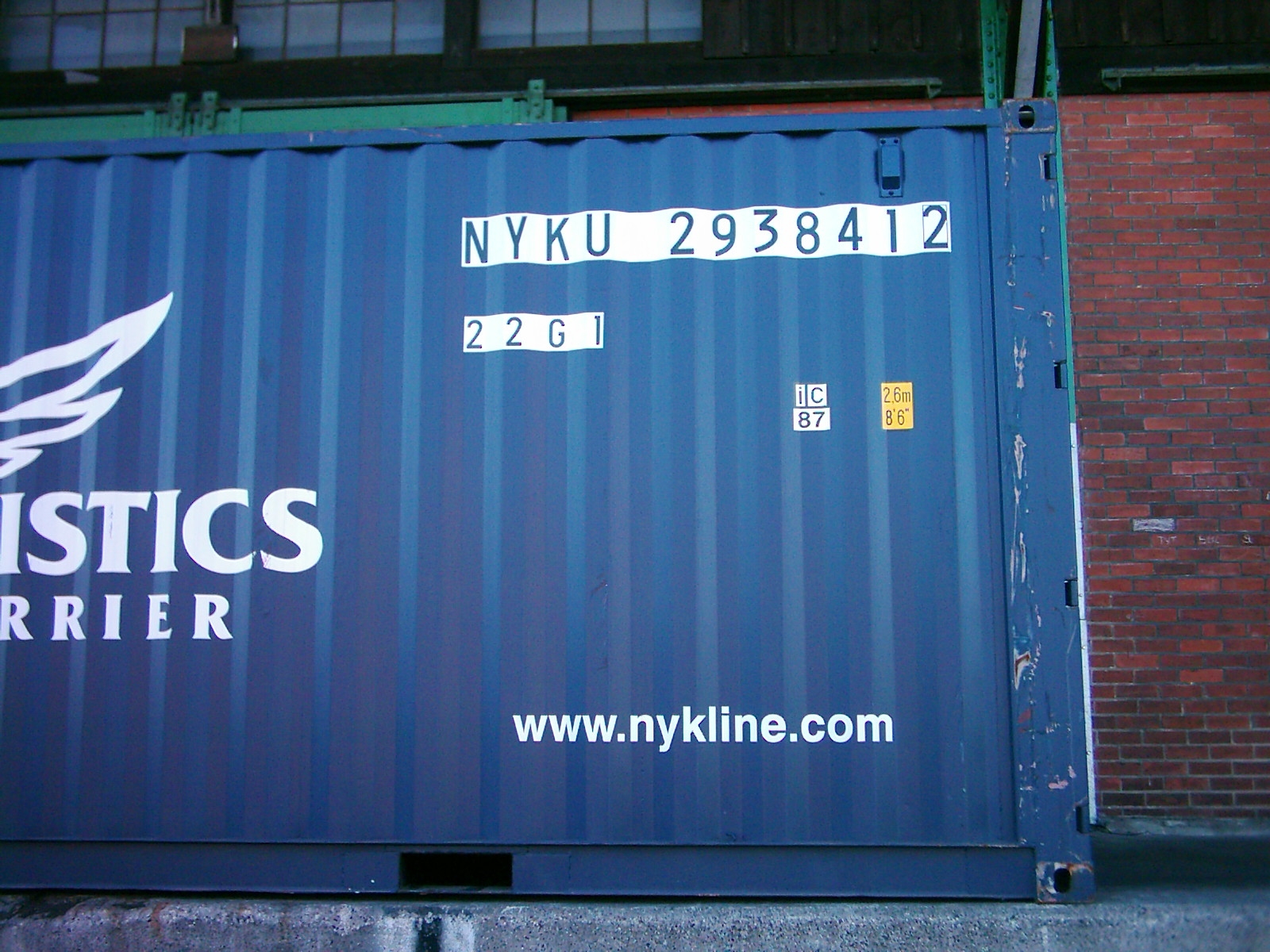LCL Shipping: All Explanation, Charges, Advantages, and Challenges
LCL (Less Than Container Load) shipping is commonly used for transporting smaller consignments. By sharing container space with other shippers, LCL allows for cost savings, access to global markets even with smaller cargo volumes, and the flexibility to ship more frequently. But how does it compare with FCL (Full Container Load) or air freight? How are LCL charges calculated, and how can you maximize the benefits of LCL shipping? Let's explore these questions and the ins and outs of LCL.

1. What is LCL?
LCL stands for Less Than Container Load. When your cargo does not fill an entire 20ft or 40ft container, you can opt for LCL shipping. Multiple smaller shipments from different suppliers are consolidated into one container, allowing you to share the space and reduce costs.
2. How Long Will LCL Shipping Take?
LCL shipping typically takes 3 to 6 weeks, depending on the origin, destination, and shipping route. However, it may take longer than FCL shipments because the process involves consolidating the goods at the origin and deconsolidating them at the destination.
3. The Difference Between LCL Shipments and Loose Cargo Loads
Loose cargo loads refer to items that cannot be palletized or fit into a standardized container. These items, such as machinery or bulk commodities, are shipped on breakbulk vessels. In contrast, LCL shipments are smaller shipments consolidated into a single container, sharing space with other shipments.
4. How Would You Benefit from Shipping LCL?
- Cost-effectiveness: You only pay for the space your cargo occupies, making LCL a cost-effective option for smaller shipments.
- Lower risk of cargo loss: By sharing a container, your goods are less likely to be lost or mishandled.
- Flexibility: LCL offers the advantage of shipping smaller loads more frequently without the need to wait for a full container.
- Inventory management: LCL eliminates the need for excess inventory storage, as you can ship smaller quantities regularly.
- Global market access: Even smaller businesses can access international markets without needing a full container.
- Easier booking: During peak shipping seasons, LCL offers more flexibility in securing space.
5. What are the Challenges You May Face When Shipping LCL?
- Longer transit times: Consolidating and deconsolidating shipments adds time to the overall transit.
- Increased risk of damage: Sharing space with other shipments may increase the risk of mishandling or damage.
- Complex customs procedures: Each shipment must be cleared individually, which can lead to delays, especially if a container is flagged for inspection.
6. How are the LCL Charges in Shipping Calculated?
LCL shipping costs are calculated based on the volume your cargo occupies, measured in cubic meters (CBM). The cost will also include various additional fees such as origin and destination charges, terminal handling, and delivery fees.
7. How Many Kinds of Additional LCL Charges Will Possibly Occur?
- Customs Fees: Fees imposed by customs during import or export.
- Import Duties and Taxes: Charges related to taxes and duties on imports.
- Terminal Handling Charges: Fees for handling containers at the port.
- Documentation Fees: Costs for preparing required shipping documents.
- Detention and Demurrage: Fees for holding containers beyond the allowed free period.
8. Shipping LCL or Shipping by Air?
Choosing between LCL and air freight depends on several factors:
- Cost: Air freight is generally more expensive, with costs based on volume weight or gross weight. LCL charges are based on volume, so smaller shipments can be more economical with LCL.
- Speed: Air freight is faster and suitable for time-sensitive goods, while LCL typically involves a longer transit time.
- Cargo type: LCL is better for non-perishable and sturdy goods, while air freight is ideal for urgent shipments, especially when speed is a priority.
9. Shipping LCL or Shipping FCL?
The choice between LCL and FCL depends on your shipment’s size. If you have enough goods to fill a 20ft or 40ft container (around 10 CBM or more), FCL may be a better option. FCL avoids the delays associated with consolidation and deconsolidation and offers more protection for your goods.
10. When Should You Book LCL Shipments?
- Small or medium-sized shipments: LCL is ideal for smaller shipments or those that don't fill a container.
- Last-minute space availability: LCL can be more flexible in securing booking space, especially during peak shipping seasons.
- Limited warehousing space: If you don’t have space to store large quantities of goods, LCL allows you to ship smaller amounts more frequently.
- Non-time-sensitive shipments: If you can accommodate longer shipping times, LCL can save costs while offering flexibility.
11. Four Practical Tips for Best Using LCL Shipping
- Optimize container space: Pack your goods efficiently to avoid wasted space and reduce shipping costs.
- Use quality packing materials: Proper packaging ensures your goods are protected during transit, reducing the risk of damage.
- Understand cargo dimensions: Know the size of your shipment and the container's internal dimensions to maximize space usage and get better rates.
By understanding these key aspects of LCL shipping, you can make more informed decisions and ensure a smoother shipping experience.

